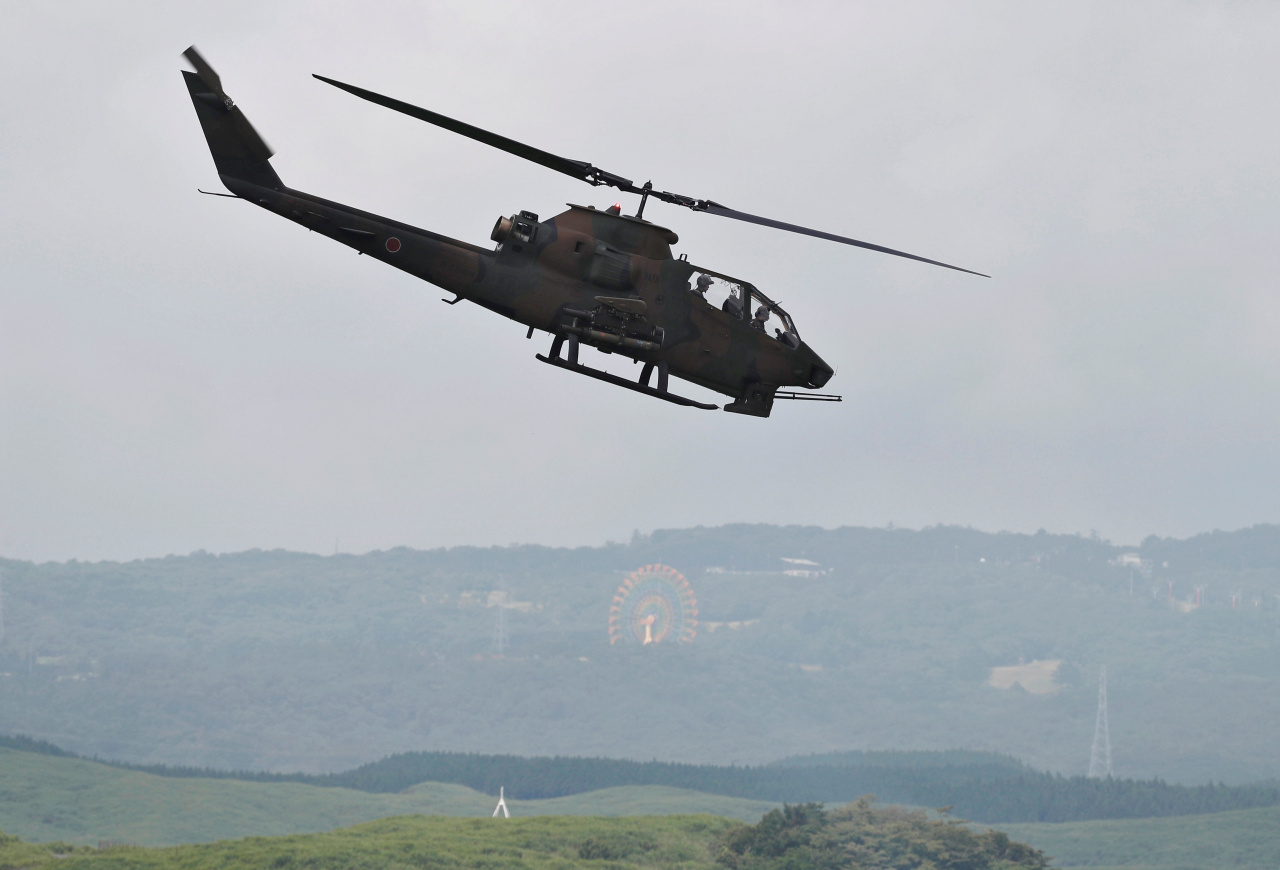The military information-sharing accord between South Korea and Japan, which Seoul decided Thursday to terminate, represented the first military agreement between the two sides since Korea was liberated from Japan's 1910-45 colonial rule.
The pact, titled the General Security of Military Information Agreement (GSOMIA), was signed on November 23, 2016, between then-South Korean Defense Minister Han Min-koo and then-Japanese Ambassador to South Korea Yasumasa Nagamine in Seoul, effective immediately.
The pact was aimed mainly at coping better with threats from North Korea.
South Korea first launched negotiations on signing a military information-sharing deal with Japan in 2012 under the conservative Lee Myung-bak government, but the deal was aborted at the last moment due to strong public opposition to signing such a deal with a former colonial master.
 |
(Yonhap) |
Four years later, the conservative administration led by former President Park Geun-hye again pushed for the pact and signed it in less than a month after declaring the resumption of talks on the matter. Some have raised speculation that such hasty moves were due to US pressure.
The deal is supposed to be automatically renewed every year unless either party notifies the other of its intention to terminate the agreement 90 days ahead of the end of a one-year period. So far, the pact has been extended twice.
As the classification of military intelligence differs among each nation, South Korea exchanges military information classified as "level 2" and "level 3" secrets under the pact, equivalent to Japan's "top/special secrets" and "secrets."
The agreement also stipulates that neither country shall release or provide the accounts to any entity of a third country without prior approval in order to protect the provided intelligence, and the information should not be used for any other purpose than sharing.
South Korea mainly provides Japan with human intelligence (HUMINT) collected by North Korean defectors and other sources, as well as wireless communication intelligence detected from near inter-Korean border areas, according to military sources.
Japan, on the other hand, has an edge over Seoul in reconnaissance capabilities, among other areas, as it operates a larger number of various intelligence assets, including military satellites and radar.
So far this year, Seoul and Tokyo have exchanged their military secrets on North Korea's missile tests seven times, including its latest firing on Friday. The communist country carried out eight rounds of major weapons tests involving short-range ballistic missiles this year -- twice in May, twice in July and four times this month.
South Korea had said the agreement was aimed at better countering evolving nuclear and missile threats from North Korea, though the security mechanism has drawn opposition from some neighboring countries, particularly China. Beijing has claimed that the pact is in line with the US' strategy of containing China.
As of August 2019, South Korea has a military information-sharing agreement with 34 countries and the North Atlantic Treaty Organization (NATO). Japan was its 33rd partner. (Yonhap)



![[Weekender] AI is silently changing our work: 7 professionals share how](http://res.heraldm.com/phpwas/restmb_idxmake.php?idx=644&simg=/content/image/2024/11/07/20241107050847_0.jpg)




